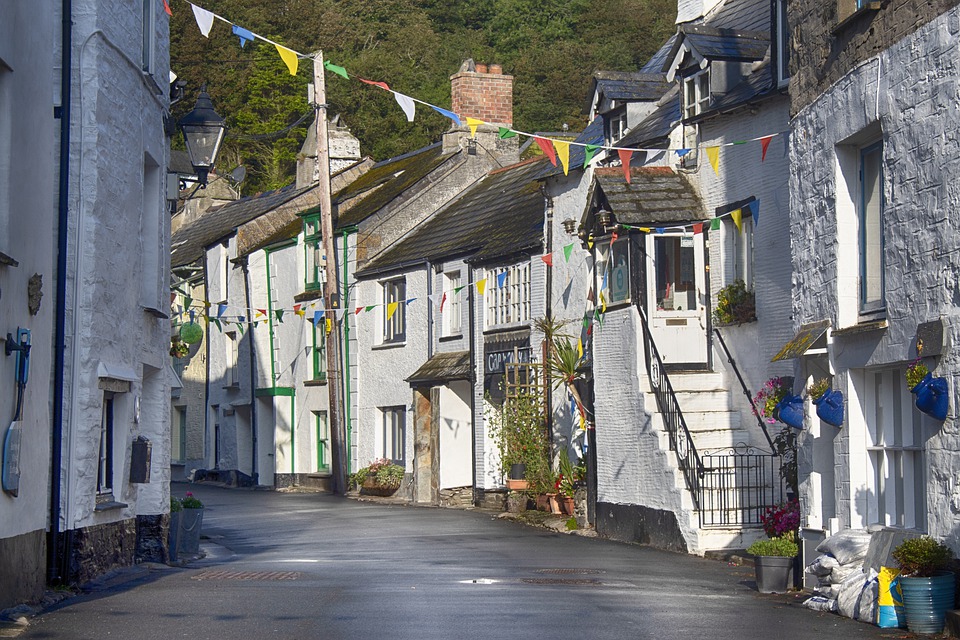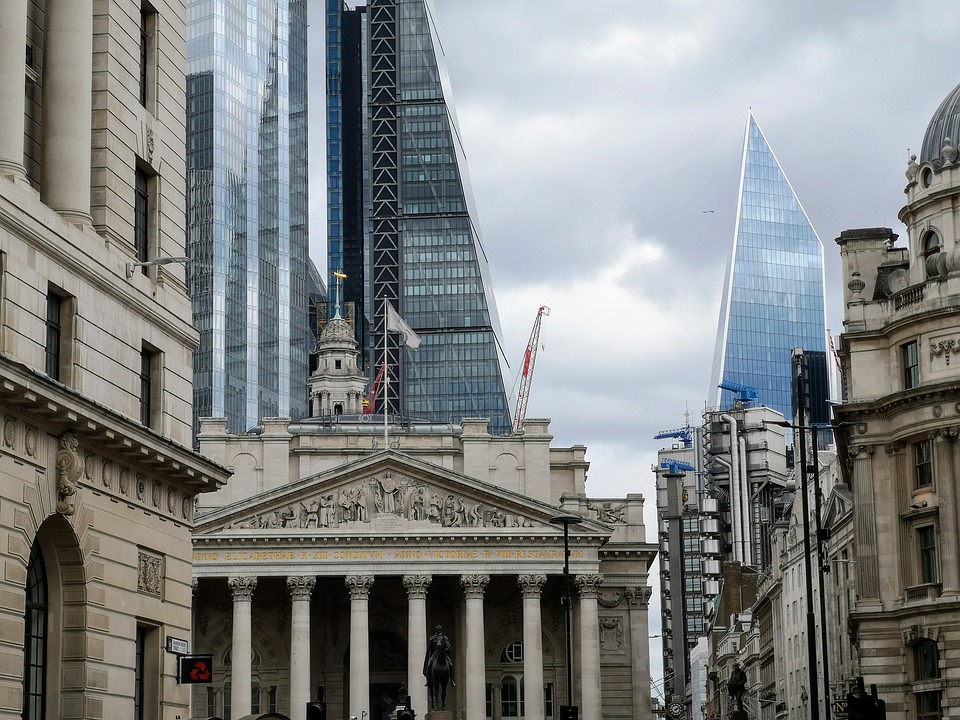The average house price in Wales has topped £200,000 for the first time – now standing at £209,723, Principality Building Society’s Wales House Price Index for Q4 2020 has found.
Last year showed the strongest annual house price inflation in 15 years (8.2%).
Detached home prices were 11% higher than a year ago, as people search for space prompted by the pandemic.
This is compared with 5-6% growth for most other property types.
Tom Denman, chief financial officer at Principality Building Society, said: “The strength of the housing recovery in the second half of 2020 is striking, and this reflects both the stimulus provided by the Welsh government in terms of the time-limited Land Transaction Tax holiday, the pent-up demand which built up during the first lockdown, and the race for space to buy bigger properties with larger gardens.
To find out more about how we can assist you with your Mortgage requirements, please click here to get in touch
“In Q4, all local authority areas were reporting house prices higher than a year earlier. This increased demand has been driven by increased savings in many households during the lockdowns coupled with continued historic low mortgage rates. There has probably been some additional demand from buyers across the border with England, with house prices more affordable in Wales in relative terms.
“The recent UK HM Treasury review of independent forecasts for 2021 showed wide divergences in house price expectations for the year. With so many unknowns it is impossible to offer a forecast with any reasonable accuracy. However, once there is more clarity on the containment of the virus and on the full re-opening of the economy, it will become easier.”
Read about the UK Housing Market via our Specialist Residential & Buy to Let Division
Merthyr Tydfil recorded the strongest rise on a quarterly basis of 18.2%, taking its average house price to £147,687, though this may have been exaggerated due to a modest amount of sales data.
In north Wales, Anglesey house prices rose by 16% annually to £237,782, while Conwy (£224,068) and Flintshire (£216,224) rose by 13.7% and 13.3% respectively.
In south Wales, Monmouthshire (£332,558) and Newport (£222,107) also achieved strong annual double-digit increases, rising 14.2% and 12.1% respectively.
BY RYAN BEMBRIDGE
Source: Property Wire
Discover our Mortgage Broker services.








